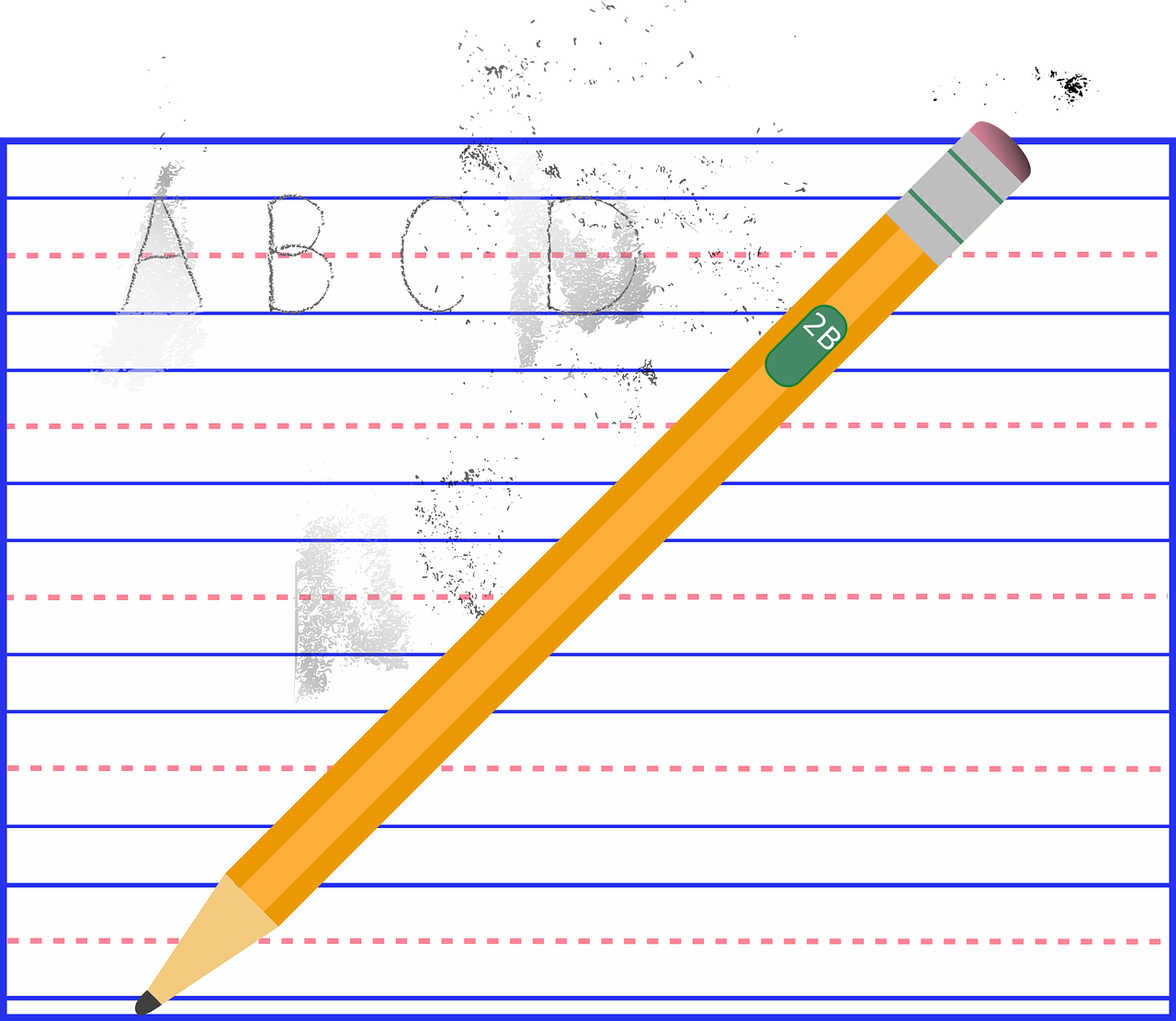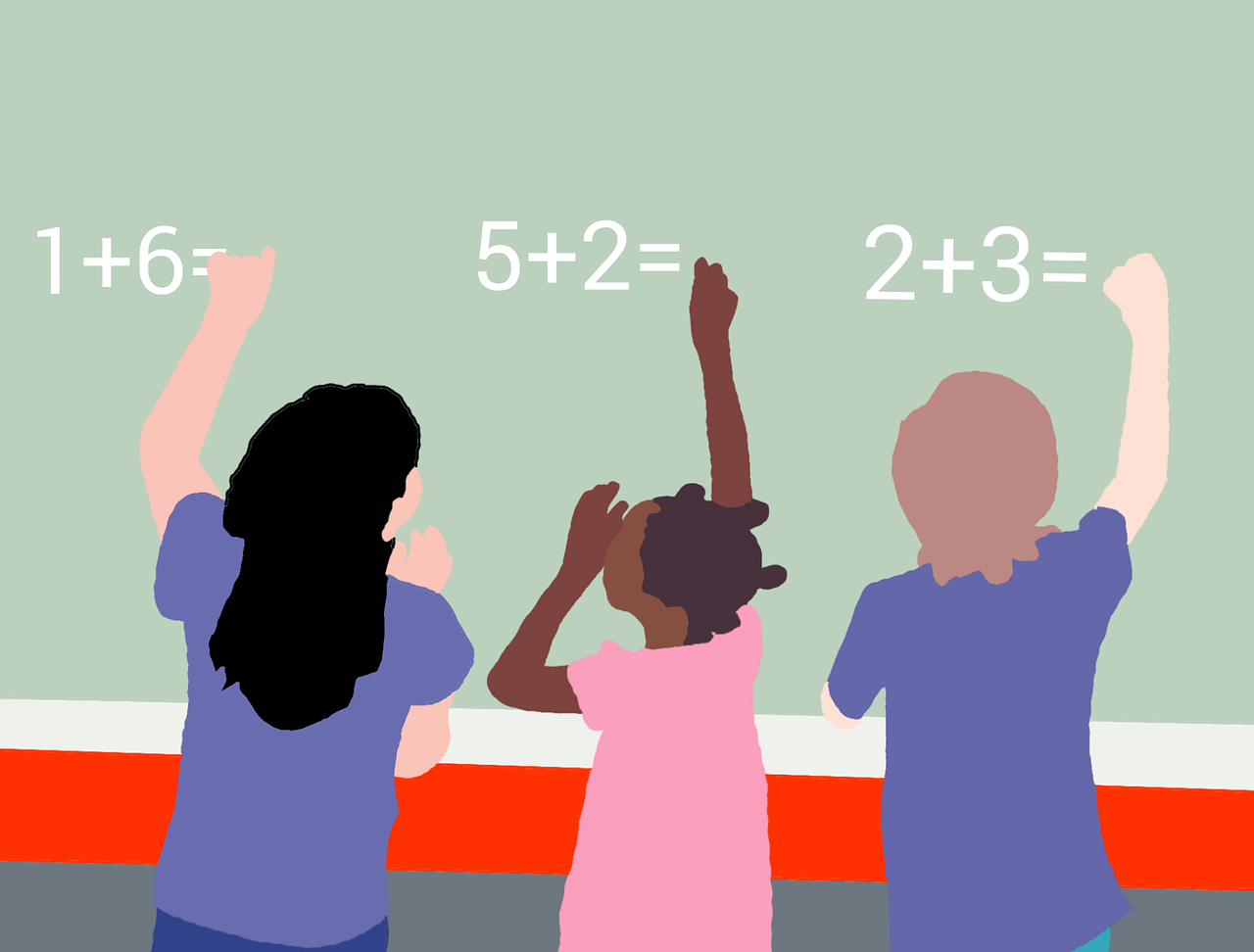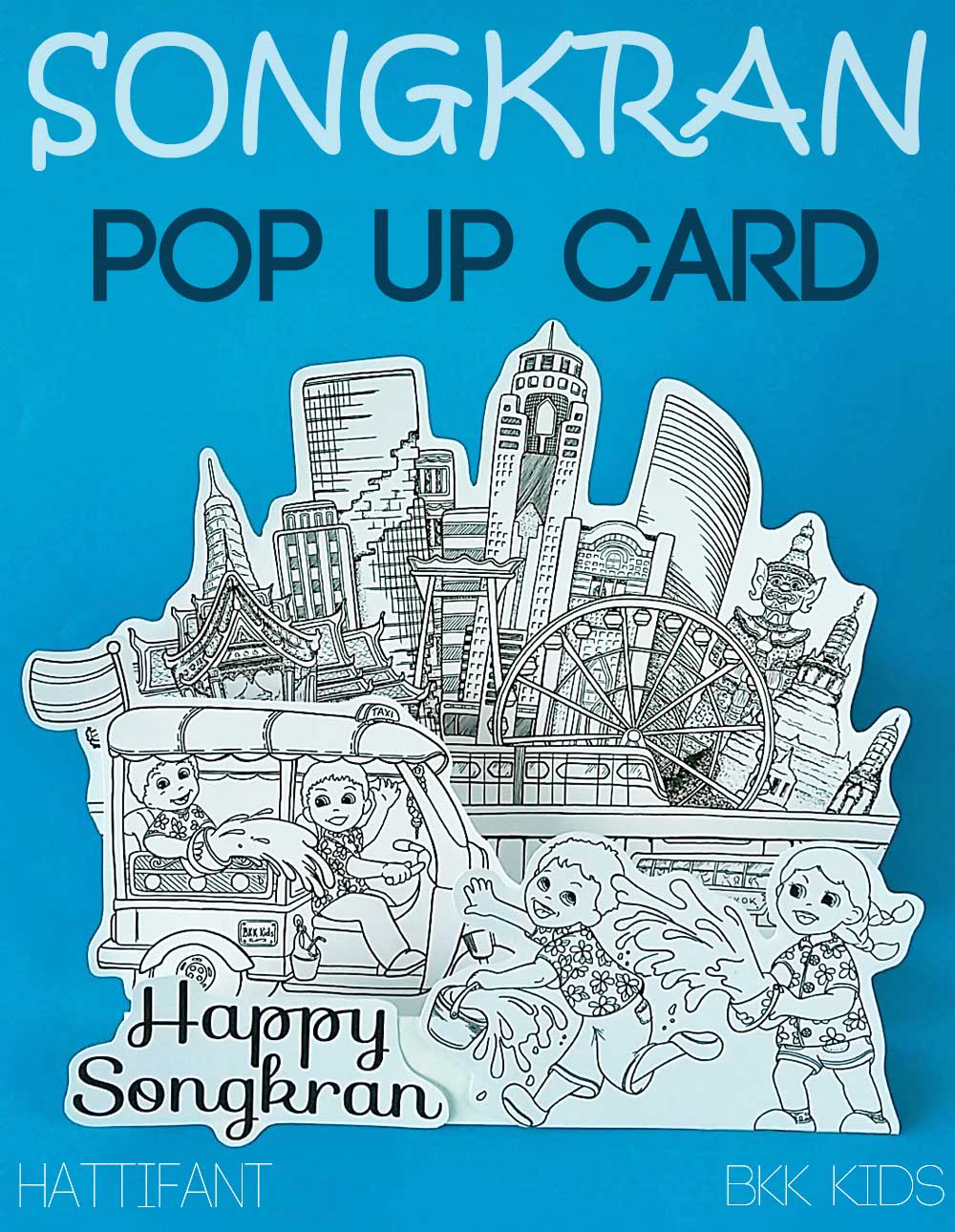Let’s get this straight: Dyslexia is a reading disorder, Dysgraphia is a writing disorder, and Dyscalculia is all about numbers and math. But, here’s the twist, these conditions can sometimes get all mixed up with each other. Why? Well, because kids with dyslexia might also grapple with writing, spelling, or even numbers.
Now, picture this: reading, writing, math, and English are all integral parts of every child’s school life. You’d be astonished at how many youngsters struggle day in and day out in their classrooms, resulting in diminished self-esteem, disengagement from learning, and sometimes even behavioral issues out of sheer frustration. Here in Bangkok, schools are gradually embracing inclusivity and recognizing that not every child fits neatly into one standardized educational box. Sometimes, the kids who “think outside of the box” are the ones who face challenges in one area but shine brilliantly in many others, viewing the world from a unique perspective. Think about it, the Sistine Chapel would never have been painted if Michelangelo hadn’t experienced his share of struggles in school and used painting as a way to express his frustration.
What is Dysgraphia?
Now, let’s zoom in on Dysgraphia. This condition makes it tough for a person to form letters in writing. It’s a neurological challenge that can affect both children and adults. Individuals with dysgraphia might also find themselves using the wrong words when trying to communicate. But here’s the kicker: when they’re writing, their focus is so laser-sharp on getting each word onto paper that they can miss out on other things being said. Imagine trying to take notes during a class or a meeting with all that mental bandwidth dedicated to the act of writing itself.
What Causes Dysgraphia?
When dysgraphia shows up in childhood, it’s often tied to an issue with orthographic coding. This is a facet of working memory that lets you remember written words and the precise movements your hands or fingers need to make to write them down. With dysgraphia, kids or adults encounter difficulties in planning and executing the writing of sentences, words, and even individual letters. It’s not a matter of not knowing how to read, spell, or recognize letters and words; instead, it’s their brain’s way of processing and expressing these words in writing that hits a roadblock.

What is Dyscalculia?
Now, let’s shift gears to Dyscalculia. It’s a bit like “dyslexia with numbers,” but it’s not as widely known. Dyscalculia is an unexpected and persistent learning difficulty that throws a curveball at understanding, learning, or using math. Truth be told, we’re all on a sliding scale when it comes to our confidence and comfort with math. Many folks without learning difficulties still find math a tough nut to crack. Some adults struggle with numbers, lack confidence, or deal with what we call “math anxiety,” which can make handling numbers and data in daily life feel like an uphill battle—similar to the effects of dyscalculia.

Both Dyscalculia and Dysgraphia can put the brakes on academic progress. Students may even be wrongly accused of being careless or lazy because their handwriting isn’t pristine or they appear inattentive in class. This, in turn, leads to frustration and takes a toll on our kids’ self-esteem, triggering anxiety, a lack of confidence, and a negative attitude towards school. But here’s the good news: once assessed and accurately diagnosed, there’s help available. Online networks, learning support programs in schools, and specialized academies are all here to assist kids in overcoming their learning challenges.
It’s entirely possible for someone to have both of these learning disabilities, but it’s crucial to get a proper diagnosis to understand whether one or multiple conditions require attention. Once diagnosed, it’s time to collaborate with your child’s school and teachers to create accommodations tailored to their specific learning disability and develop classroom strategies to give them the best possible shot at success.







